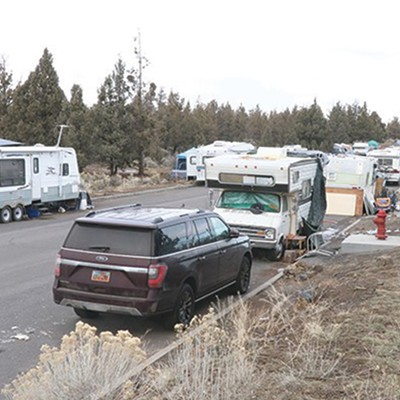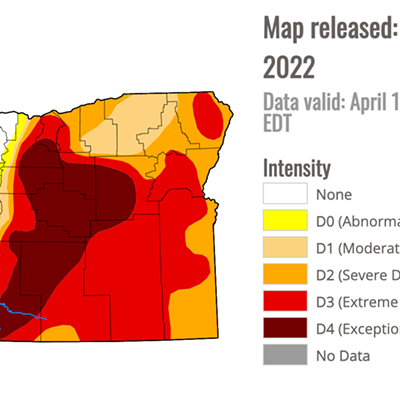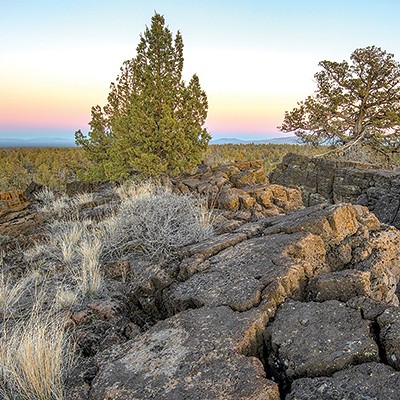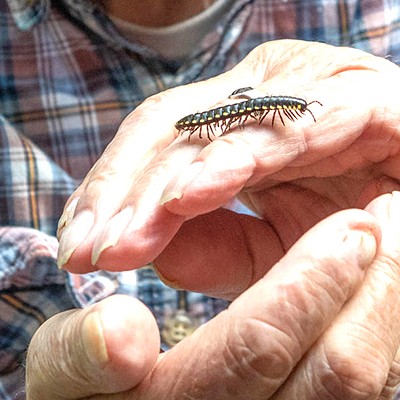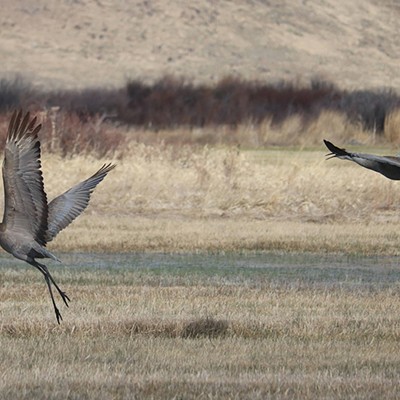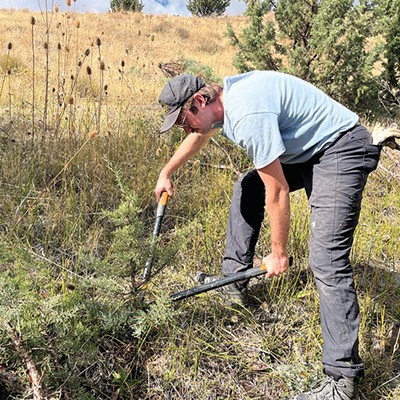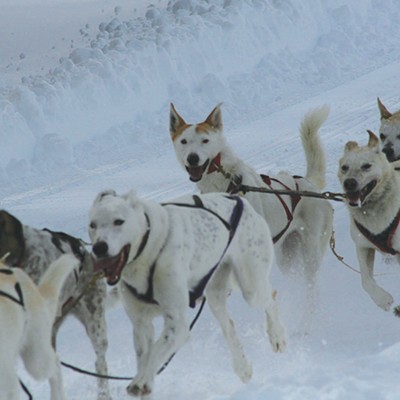England: Birthplace of Shakespeare and The Beatles, home of Parliament and the Tower of London, but there are no longer any golden eagles living there. Who'd have thought, with all the hard work of the Royal Society for the Preservation of Birds (RSPB), that they'd lose the magnificent bird of prey so steeped in the country's history?
It's hard to break old habits, and the egg collectors of England apparently aren't about to discontinue their money-making sport, said to be one of the reasons the golden eagle may have vanished from the country. Thank goodness egg collecting as a hobby is no longer allowed in the U.S. But, not too many years back an Oregon State Police trooper stopped a station wagon from Alaska near Summer Lake and found hundreds of wild bird eggs in the possession of a hidebound collector.
The last adult male golden eagle in England has apparently been living alone for several years after the death of his mate. That in itself could have eventually cause the species to vanish from the countryside if he couldn't locate a mate. Another hypothesis is that he may have consumed an animal killed by poison left out by livestock owners.
The bird, a resident of the countryside at Riggindale near Haweswater, Cumbria, since 2001, has not seen by RSPB staff since last November, and would normally (like ours) be seen at this time of year building a nest and displaying to attract a mate.
Lee Schofield, site manager at RSPB Haweswater, said: "When the eagle didn't appear last month we thought there was a chance he might be hunting in a nearby valley but over the past few weeks we've been gradually losing hope."
"His disappearance marks the end of an era as he has been an iconic part of the Haweswater landscape for the past 15 years. During this time, thousands of visitors have travelled from across the country hoping to catch a glimpse of him at the Riggindale eagle viewpoint."
"We will probably never find out what happened to him but as he was an advanced age for an eagle, it's quite possible that he died of natural causes," Schofield said.
Adrian Long, of BirdLife International, said it was incredibly sad news. "Raptors are at the top of the food chain, and eagle species need big areas to live. We must remember that decades of altering our landscape and habitats has caused this iconic bird to no longer patrol the skies of England. I hope that eagles will one day be seen flying again the hills of England, with perhaps some of the Scottish population (of 400 golden eagles) moving south."
Birder Alan Tilmouth, who broke the news, said: "The Haweswater golden eagles probably provided many thousands of birders their first experience with an iconic bird. For many it will be the only golden eagle encounter they have had in England. "We'll wake tomorrow to a country less wild than before, nature one step further from us, one step closer to simply being a shadow of itself."
White-tailed eagles are hanging on, but continue to be deliberately killed and their nests targeted by egg collectors, which for such a small population can be critical. Unfortunately, birds fall victim of both deliberate persecution and as incidental victims of poisons illegally set for foxes and crows. Young birds, wandering before establishing their own territories, are particularly hard hit.
That's something we have seen here right at home. The golden eagle babies in a nest near Tumalo were both killed by poisoned ground squirrels — agriculture rodenticides that keep killing, no matter what.
Protection and surveillance of the nest sites in England (and in the U.S.) is of extreme importance to prevent illegal disturbance or nest robbing. All nest sites are kept a closely guarded secret to minimize the danger. The population is so small that any nest losses would have a direct impact on the population.
It's difficult to protect their habitat because eagle's range over extensive areas. This is also the case in England and here in Central Oregon. Just recently, a land sale went through where golden eagles are nesting on BLM land near the Fryrear landfill, without anyone in the BLM, county or ODFW being consulted.
Habitat reduction was one of the factors for the disappearance of the last golden eagle in England. In the U.S. we have the Federal Eagle Protection Act which gives final authority for land use impacting an eagle to the U.S. Fish and Wildlife Service, but they were not contacted at the Fryrear Road incident.
Though most birds do not threaten livestock in England or the U.S., individual pairs hunting ground squirrels at the edges of hayfields may be perceived as a threat to farmers or livestock-owners. There are measures in place to counteract this in both nations. Scottish Natural Heritage offers positive management schemes to farmers with eagles on their land.
The golden eagle is a huge bird of prey, with only the white-tailed eagle larger in the U.K. In the U.S., our national bird, the bald eagle, can also be found feeding with golden eagles in winter, dining on roadkills and winter-killed game animals.
Eagles soar and glide on air currents, holding wings in a shallow V. They have traditional territories and nesting places, which may be used by generations.
Several huge nests have been discovered throughout Central Oregon, including one nest out east in Harney County that was literally as big as a Volkswagen Bug.

